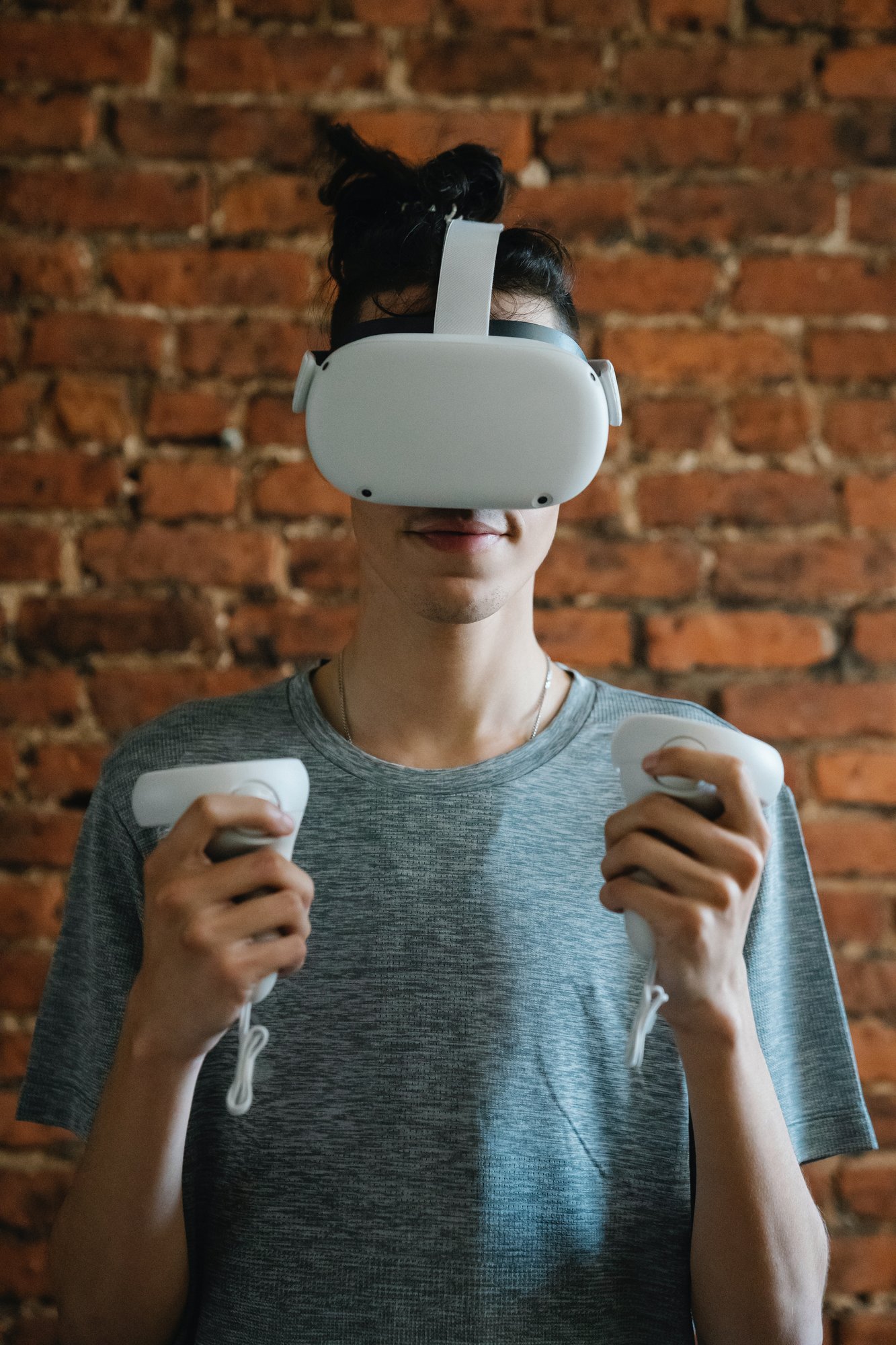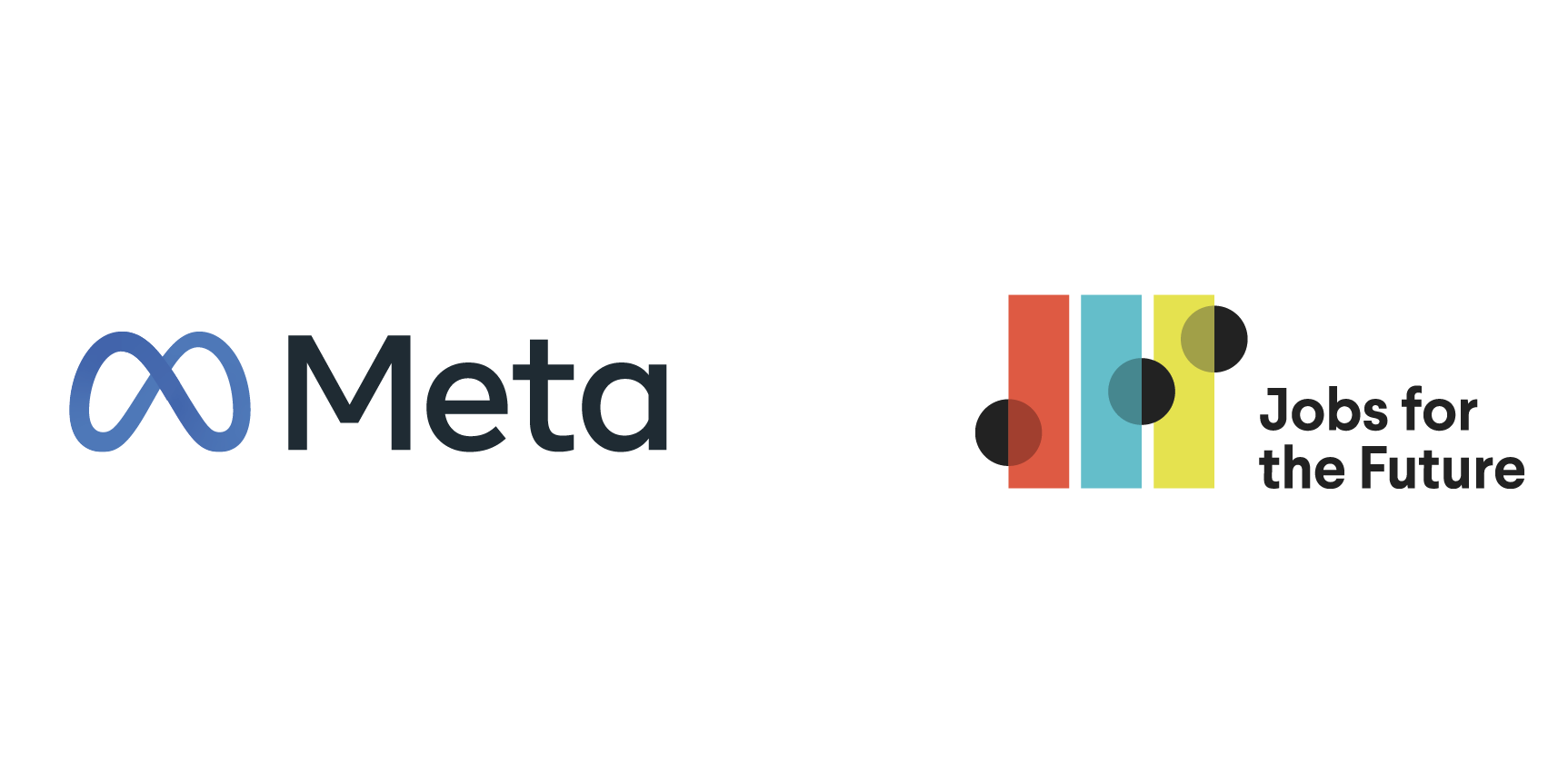XR/IL technical support specialists
facilitate ease of use by the user and address common issues with both the hardware and software.
Extended reality (XR) technology and immersive learning (IL) have already reshaped how people have fun, learn, and work. Now, new career pathways can give businesses, consumers, and society access to the opportunities created by “metaverse” technologies. As XR technologies grow and adoption continues, we will see the enablement and growth of access to a number of skills certifications, short-term training programs, and other accessible education opportunities—instead of just four-year degrees—to support economic advancement.
Jobs for the Future (JFF) presents a new framework of occupations and career paths created or transformed by the emergence of XR technology and immersive learning, as well as illustrative job titles, critical skills, and anticipated training and hiring requirements for each. We draw connections between currently available non-XR careers and their XR and immersive learning equivalents, presenting parallel career paths and skills for XR with a particular focus on ensuring on-ramps for populations that too often experience barriers to economic opportunity. We also highlight opportunities to disrupt typical career paths to develop more accessible on-ramps than currently established careers often allow.
We define four clusters of jobs characterized by role, function, and training pathways. These career clusters align to the process of creating, developing, and deploying immersive technology:

facilitate ease of use by the user and address common issues with both the hardware and software.

help customers develop requirements for products, note any technological limitations, and propose solutions.

translate requirements into virtual spaces and help design learning and work in these new worlds.

design and build the state-of-the-art devices and software needed to sustain an extended or virtual reality.

Policy stakeholders, education and training providers, and workforce developers should support three key areas that ensure workers are prepared to learn, work, and thrive with the growth of XR technology and immersive learning:
This report is made possible through the support of Meta. Jobs for the Future (JFF) and Meta are working together as partners to better understand and showcase the potential of extended reality (XR) technologies to transform learning and work. Learn more about JFF's work with Meta.
